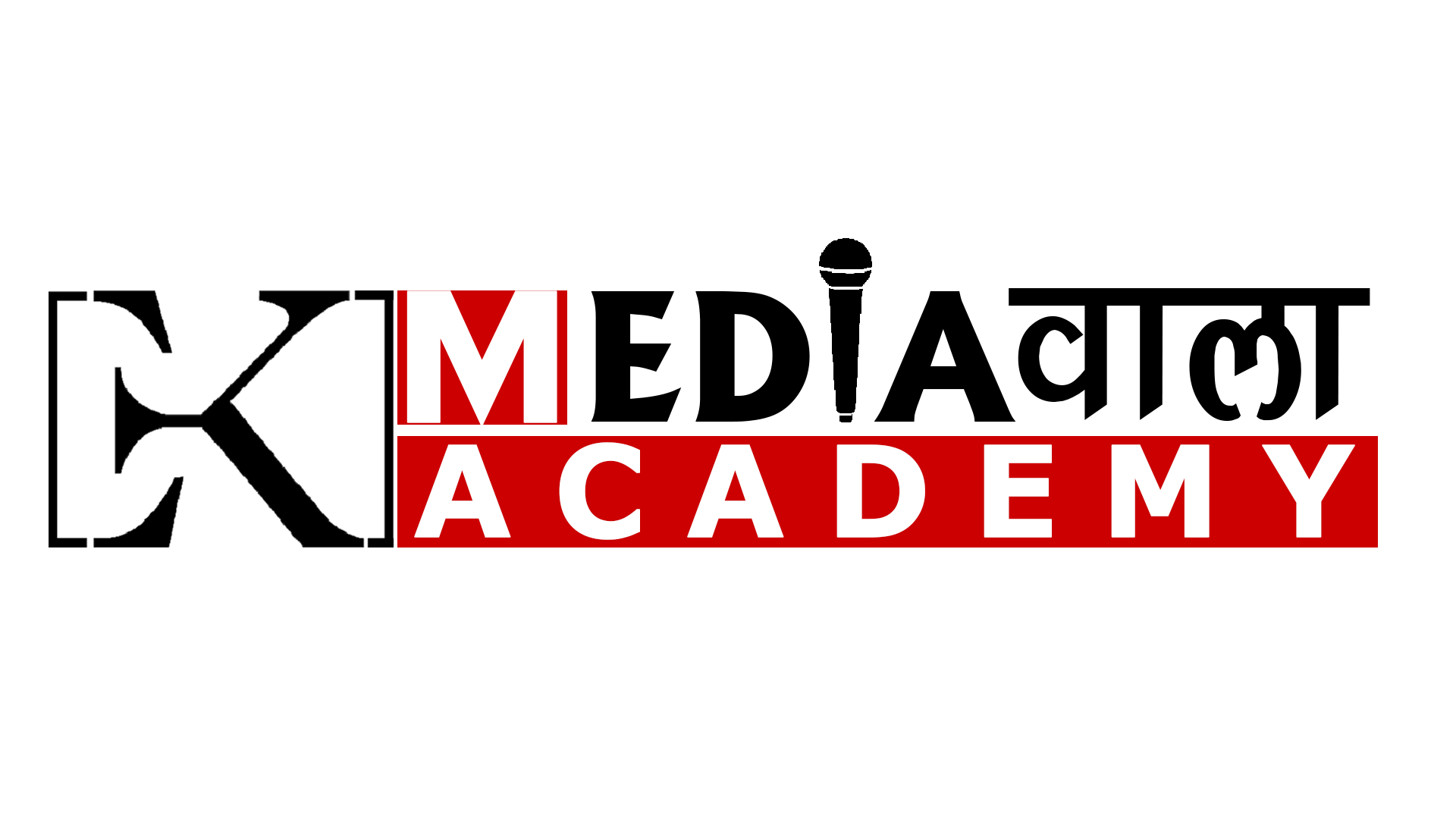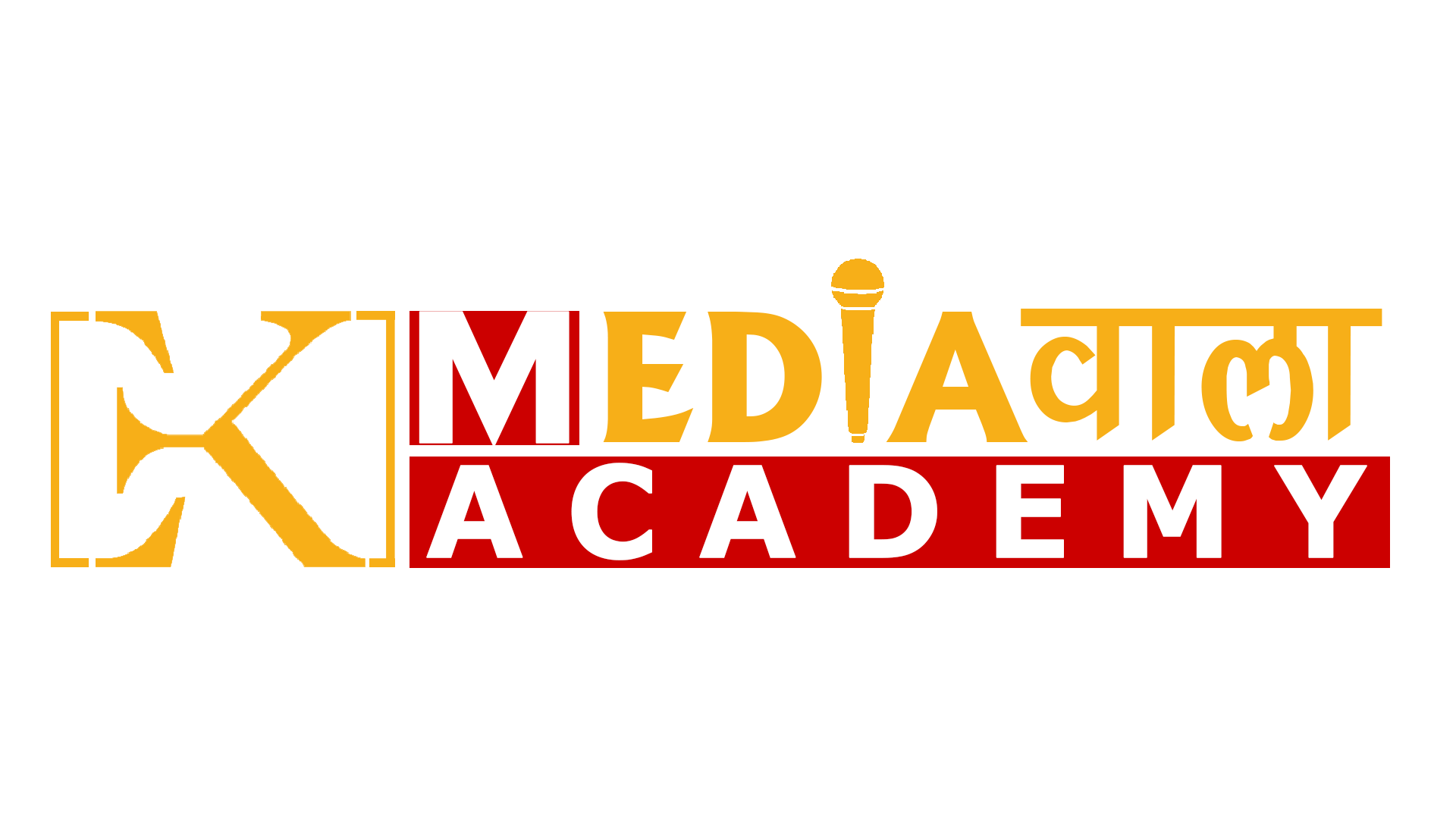
Journalist Need to Study
The amount of study required to become a journalist can vary based on a person’s goals, the type of journalism they want to pursue, and the specific educational path they choose. Here are some general steps and considerations for those interested in becoming a journalist:
journalism is a field where practical experience and a demonstrated ability to report and write effectively are often as important as formal education. Journalists need to continuously hone their skills and stay informed about current events and trends to be successful in their careers.
Make it Great!
High School Education: Most aspiring journalists start by completing their high school education. Taking courses in English, writing, communication, and social studies can be helpful in developing the necessary skills.
Bachelor’s Degree: Many journalists pursue a bachelor’s degree in journalism, communication, or a related field. A typical bachelor’s program in journalism might take four years to complete. During this time, students learn about reporting, writing, ethics, and media production.
Specialization: Some journalists choose to specialize in a specific area of journalism, such as broadcast journalism, investigative journalism, science journalism, or sports journalism. This might require additional coursework or training.


to be continue
Internships and Practical Experience: Practical experience is crucial for journalists. Internships at news organizations, student newspapers, or other media outlets can provide valuable hands-on experience and networking opportunities.
Continuous Learning: Journalism is an ever-evolving field, and journalists often engage in continuous learning. They stay updated on current events, new technologies, and changes in media trends. This learning can occur through workshops, seminars, webinars, or simply by following industry developments.
Graduate Studies (Optional): Some journalists choose to pursue master’s degrees in journalism or related fields to further specialize or enhance their skills. This is not always necessary, but it can be beneficial in certain cases, especially for those interested in advanced reporting, editing, or teaching.




We realised we really wanted to catch a glimpse of what went on behind the scenes of the companies we looked up to. And we thought other people would want to know too.
So we decided to organise an event to share these stories. Today, we run monthly Show & Tell events and an annual conference.